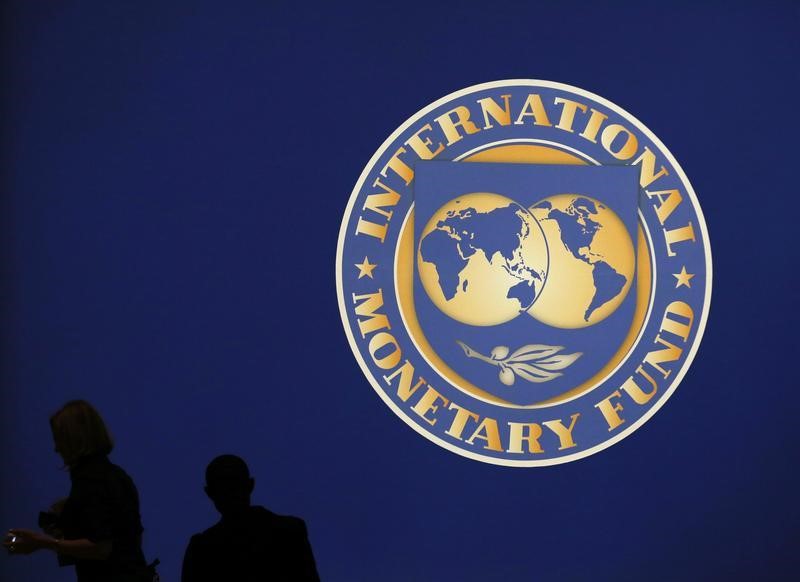By Kwasi Kpodo
ACCRA (Reuters) - The International Monetary Fund on Friday approved a three-year. $918 million (619 million pound)financial assistance deal for Ghana aimed at restoring economic stability and boosting job growth, and said it would disburse about $114.8 million immediately.
The deal should help government efforts to tame inflation, bring down a budget deficit and restore currency stability, all of which have curbed years of rapid economic growth in the West African state.
GDP growth of around 8 percent per year, coupled with a stable democracy, made Ghana one of Africa's best-performing economies. But the government forecasts growth at 3.9 percent for 2015, below an IMF forecast for sub-Saharan Africa.
"One of the main objectives of the programme is to achieve an ambitious and sustained fiscal consolidation," Joel Toujas-Bernate, the IMF's Ghana mission chief, told reporters, adding that implementation would be subject to two reviews per year.
Ghana's large fiscal and current account deficits and its rapidly increasing public debt were particular problems, he said.
The government embarked on talks with the IMF last year when it saw that investors were unconvinced by its own programme to restore fiscal balance.
Some analysts say the government may struggle to implement with elections due next year, not least because Ghana's fiscal crunch began when it overshot a budget deficit target for the 2012 election year because of wage increases for civil servants.
Toujas-Bernate said the Fund was confident the government would remain committed to implementing the terms of the programme before the election and it had received assurances from President John Mahama on the matter.
Moody's Investors Service in March downgraded Ghana's sovereign rating and put the country on a negative outlook, citing an increasing debt burden, large fiscal imbalances and a currency that has fallen sharply since the last review.
An IMF programme is seen as a key to restoring investor confidence. It should yield budget support for donors but, more important, it will make it easier for the country to gain access to domestic and international debt markets.
Ghana will seek bridge finance of between $300 million and $1 billion in the first half of this year to redeem maturing domestic debt and will also issue a Eurobond of up to $1.5 billion in the second half of the year.
